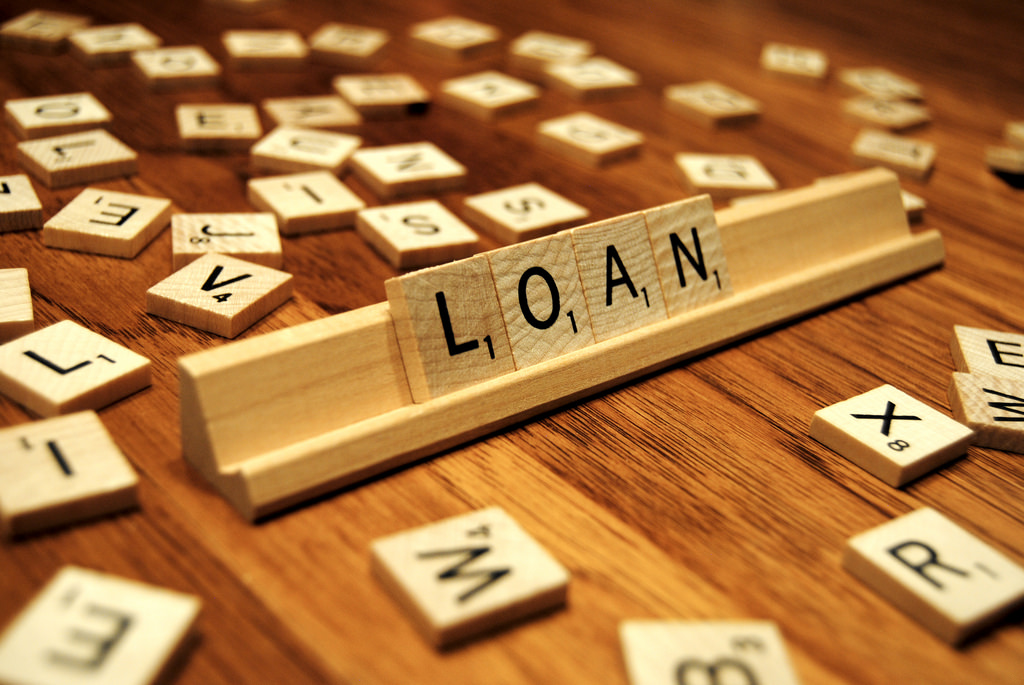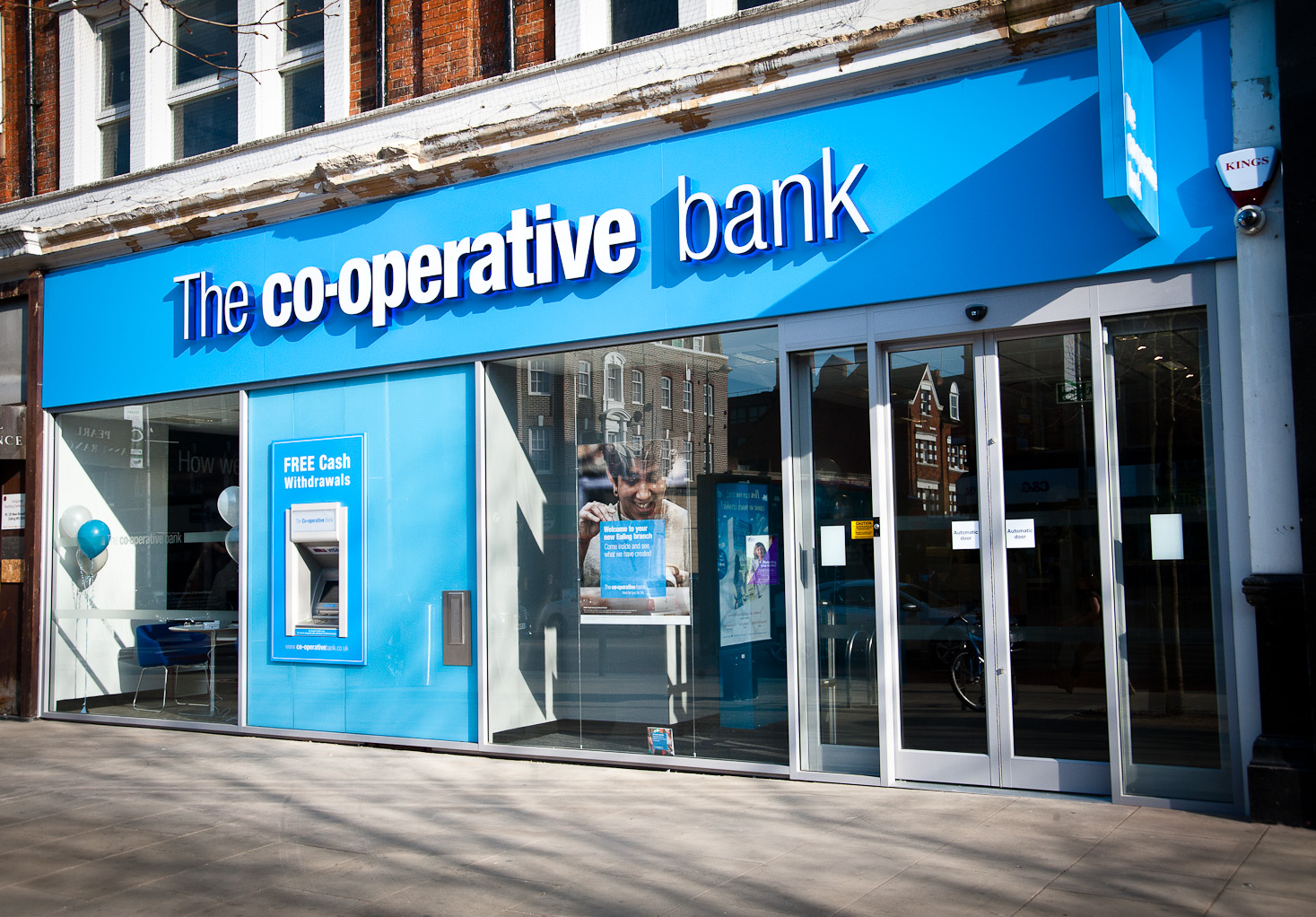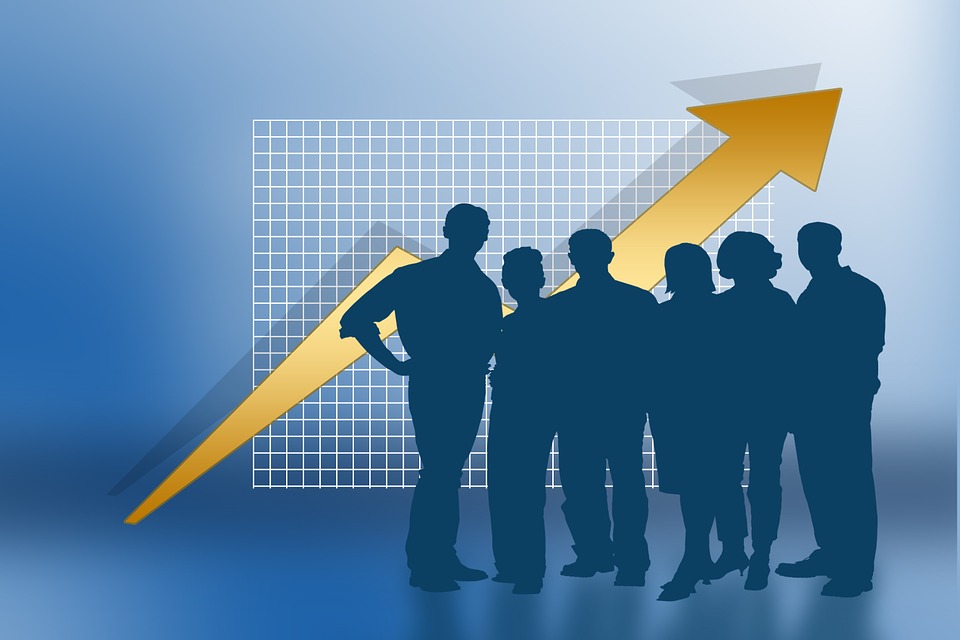When people find themselves in a pinch, they consistently turn to banks and lenders to help them in their time if need. In fact, millions of people take out loans just to be able to pay basic costs like household bills and utilities.

Loans generally have a slight stigma surrounding them. People are afraid to borrow, what with seemingly massive interest rates and shady lenders. The fact of the matter is, we only mistrust that which isn’t ours, and taking out a loan is no different than borrowing £100 from your parents.
In most cases, simply pay the loan back on time and you’ll avoid steep interest charges and recurring debt problems. Loans rely on the integrity of the borrower as well as the lender.
The loans that we borrow are designed to be flexible and are often of most benefit to you, the borrower. More than £10 billion is loaned in student loans every single year, and tonnes of these students will go on to enjoy promising careers. At that point, their student loan is but a small payment each month, and the benefits have far outweighed the potential costs.
The effects any and all kinds of loan have on the economy are quite hard to predict, but there are signs to look for. There are the obvious factors, and the less obvious factors. In order to improve our current economic state, we have to rely on a freeze of certain costs and a rise in our pay packets, allowing us to spend more. Loans help with the latter, which can have widespread positive effects.
As an aside, loans are usually in the form of ‘created money’ by our banks. It’s estimated that only 3 percent of the money in the economy is actual, physical paper money that you can touch. The rest is in the form of those tiny numbers on your bank statements. Loans create more of this money, and because it technically never existed until you requested it, you just pumped a bit more cash into the circuit. Congratulations!
How do loans work and how are they created?
To understand the benefits a loan can have on the economy, it’s important to understand just where that money comes from and how the bank creates it.
For a second, let’s imagine that a brand new bank has opened up. They have no money in the bank, because they’re brand new. Then, their first customer – Chris – comes along to the bank and deposits £10.
That bank now has £10 in one of its accounts. That £10 is Chris’s money, and he can access it at any point, online or in a branch. However, the laws of fractional reserve banking mean that the bank doesn’t technically have to hold onto that whole £10.
Fractional reserve banking means that should someone else come to the bank – Tom – they can borrow £2, which is taken out of Chris’ £10. Tom can now spend £2, and Chris can spend £10 – even though the bank only holds £10, deposited by Chris. This is one way banks create money, and it’s the very essence of how loans come to be.

So, often, when you take out a loan, you’re not actually taking out any physical cash. You’re simply taking a representation of that cash in order to pay off whatever you need the loan for. Since your loan is credit, you have to pay it back, which can tangibilize that money the bank created in our Tom/Chris example.
This brand new money can have a number of positive effects on the economy, since it never existed before. Let’s take a look at some benefits.
That loan money usually gets pumped right back into the economy – it isn’t hoarded
Unless you have a huge lair where you stuff all your gold, you’ll generally borrow that money with the intent of pumping it right back into the economy. This is usually quite a fast turnaround too, as many loans will have a preferred date by which they must be paid off. If you want to avoid steep interest charges, anyway.
People spending money is arguably the number one factor that aids economic growth. It’s vital for businesses of any size to be able to create new jobs and thrive. The companies will grow, hire new employees, import new supplies, and buy new homegrown supplies. That money will circulate and touch so many parties. Suddenly, that one TV you bought could have positive effects on several different companies.
Think about that. If you buy a speaker system of Amazon, some of that cash goes to Amazon. Some of it goes to the company who produced the product. Some of it goes to the factory workers who built the thing in the first place. That one loan you took out can have widespread effects, and they don’t end there.
Someone who takes out payday loans every month to help with their bills, for example, is pushing that money right back into the cash flow. If everyone paid their bills on time, utility companies may feel more comfortable freezing or even lowering bill prices. This could result in a nationwide boom in house purchases, among other things.
In short, loans are money to be spent, and money to be spent equals happier businesses and a happier economy. Money is all about ripple effects and long-term ramifications. Pay that bill on time this month, and you’re in a better place next month. So is the utility company. Buy that TV, and the manufacturer is happy. So is the vendor that sold it.
Student loans help train our brightest youngsters
Student debt is the biggest chunk of commercial lending on the planet. It’s a chunk that’s $1.2 trillion wide, and while many would argue that this is detrimental, I’d argue the opposite.

When you broke your leg last year (just me?) that doctor who helped patch you up wouldn’t be there without the help of university. How did they pay for that course? With a student loan. On a doctor’s salary, it’s safe to say that regular repayments are being made, but that debt still exists until the loan is paid off.
Perhaps an even more staggering figure than the $1.2 trillion is the fact that 85 percent of student loans never get repaid.
Now, this isn’t to say that they aren’t being paid every month. This figure represents 100 percent of a loan, not the 75 percent or 80 percent you may have already paid.
For example, you could pay off 75 percent of your student loan only to have it written off. This loan is now counted as ‘unpaid,’ even though you shelled out a large chunk of it!
In short, the student loan crisis isn’t as much of a crisis as it may seem. These loans are being paid off, maybe partly, but it’s better than nothing. The loan allows doctors and teachers to be trained adequately, and the return on this investment helps look after and school the nation.
Loans help create new businesses, stimulating new job growth
Obviously, businesses need money to survive. Most of that money comes from you, the consumer, amongst other sources. But how did that business come to be in the first place? How can it get where it wants to go?
If a business owner wants to make a long-term property investment, they’ll need a chunk of capital to do so. Property investment usually requires contractors like builders to perform some work. It usually involves buying supplies from a local DIY store. It creates jobs and gives people work. The business can now hire more employees to fill out that property.

This endeavour would likely never have been fulfilled without the aid of a loan. Much like when you bought those speakers, this ‘created’ money by the bank is being pumped right back into a cash flow.
It’s also likely that you work for a business, too. Even if you’re self-employed. It’s these business creators and owners that are driving every inch of our slow economic growth. And, the reality of the situation is they wouldn’t be where they are today without the help of a loan. They may not be able to grow their business without a loan. To benefit the economy, we have to spend money, and that begins and ends with how much we have.
In conclusion
When all is said and done, it’s obvious that our economy isn’t in the greatest of places. This is due to a large number of factors, such as paltry wage payments and food, luxuries and homes skyrocketing in price recently. People simply don’t have the money to spend on things anymore, and it’s a real shame.
A loan is your own personal way to kickstart that economy and help out the whole system. You’ll be creating money and giving it right back to the nation in the form of a product purchase or other expenditure. The power is right in our hands, and hopefully, we don’t let it go to waste.






